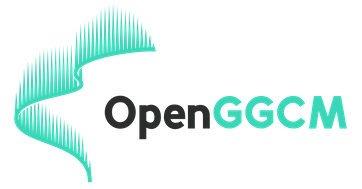
|
OpenGGCM Collaboration |
Main /
OpenGGCM HomeThe centerpiece of the NSF/GEM program is the development of a Geospace General Circulation Model (GGCM), to be used as a research tool as well as a prototype for space weather forecasting models. It was originally envisioned that the assembly of a GGCM would take place near the end of the GEM program, and that this GGCM would codify the progress that had been made during the GEM campaigns. However, in the late 90's it has become clear that such an approach may not be feasable. First of all, there are several possible approaches for constructing a GGCM, ranging from a strictly modular approach in which several regional models are coupled together, to approaches that builds on existing global MHD models. Second, no one model will fit all needs. What is required is rather a hierarchy of models of different sophistication and strengths. Third, and perhaps most important, the existing global MHD based models have improved dramatically such that they have become close to the envisioned GGCM. These developments have lead to the current three-phase plan for the GGCM implementation, which at this point abandons the idea of a grand unified GGCM in favor of a more flexible strategy that allows the parallel development of different approaches to a GGCM. These developments are documented in more detail in the GGCM Status Report. The OpenGGCM is derived from the "UCLA Global MHD Model", originally developed by Jimmy Raeder at UCLA, and the NOAA/SEC CTIM (Coupled Thermosphere Ionosphere Model), originally developed by Tim Fuller-Rowell (while some of its components have a much longer heritage.) The OpenGGCM is now housed at the Space Science Center of the University of New Hampshire. It is considered a "Community Model." Potential users can request model runs from the Community Coordinated Modeling Center (CCMC) at the NASA Goddard Space Flight Center. |